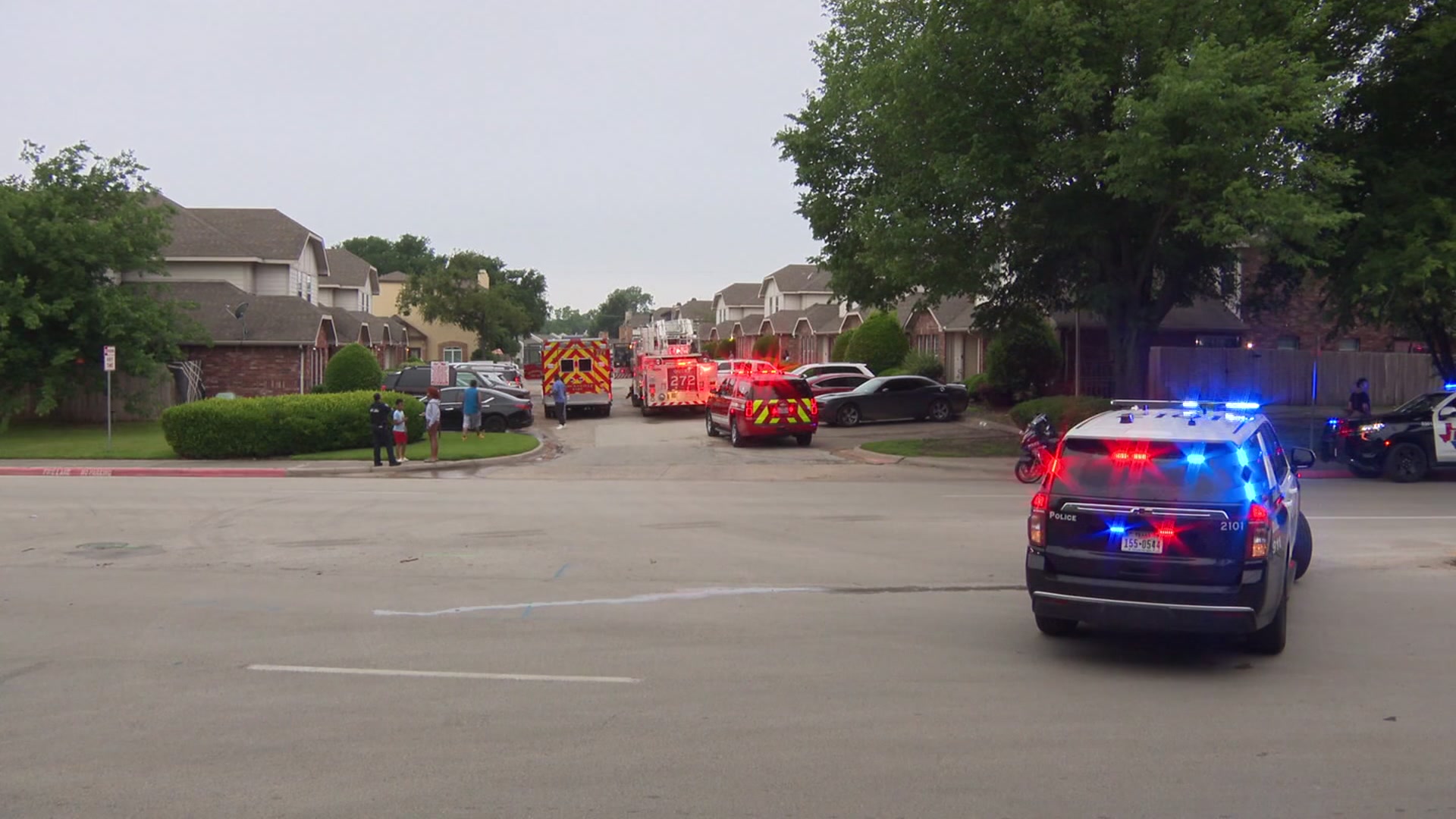While Dallas’ new ordinance forcing strip clubs to close between 2 a.m. and 6 a.m. takes effect Monday, an attorney for the city told a federal judge on Friday it will not be immediately enforced pending a legal challenge from attorneys representing sexually oriented businesses.
U.S. Chief District Court Judge for the Northern District of Texas, Barbara M. G. Lynn, denied a motion for a temporary restraining order from the Association of Club Executives of Dallas, a trade group that represents sexually oriented businesses, in its lawsuit against the city of Dallas.
Lynn said the TRO request wasn’t necessary because the new ordinance will not be enforced until a preliminary injunction hearing is held during the week of Feb. 7.
If Lynn agrees with the plaintiffs in that hearing, the ordinance would not be enforced until a possible trial.
Get DFW local news, weather forecasts and entertainment stories to your inbox. Sign up for NBC DFW newsletters.
It’s the latest move in a week that saw Dallas Police Chief Eddie Garcia champion the proposed ordinance as an effective strategy to lower violent crime, citing the outsized number of service calls for police and Dallas Fire-Rescue within a 500-foot radius of sexually oriented businesses during that four hour time period.
On Wednesday, most of those who spoke against the proposal were employees at the clubs, many women of color.
Lee Molina told the council before the vote, working during that time allows her to support her family.
Local
The latest news from around North Texas.
“It is going to affect my life, my parents, everybody else in this room who has someone other than themselves to look after,” Molina said.
Before a unanimous vote, Dallas Mayor Eric Johnson said the decision puts Dallas in line with other large cities like San Antonio, Fort Worth and El Paso that have similar restrictions in place.
“This is about public safety,” Johnson said. “It’s not about being puritanical or shaming anyone’s career choices.”
Moments after the vote attorneys for sexually oriented businesses challenged the ordinance in federal court, leading to Friday’s hearing.
Lynn said she wants the city to explain more about the police data used to justify restricting operating hours.
“I’ve got questions about data,” Lynn said.
Lynn told attorneys the preliminary injunction hearing will take place on Feb. 9 or over two half days, concluding on Feb. 10.
A date for the hearing is expected to be finalized next week.



